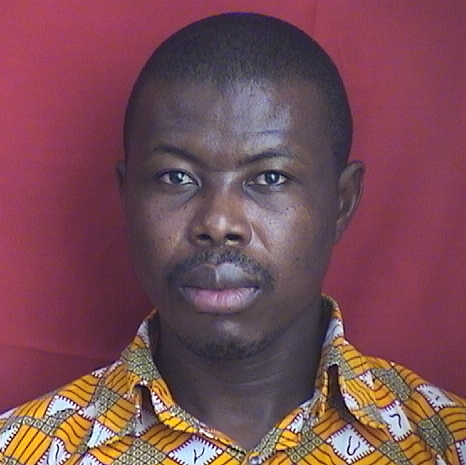Profile
Michael Ayertey Nanor is a Development and Spatial Economist with a robust academic foundation and extensive research experience in the fields of Development Economics, Spatial Economics, Data Science and the Economics of Sustainable Development. Dr. Nanor earned his Bachelor of Education in Social Sciences with a specialization in Economics and Mathematics from the University of Cape Coast, Ghana. He further advanced his studies at Kwame Nkrumah University of Science and Technology (KNUST), where he obtained a Master of Philosophy (MPhil) degree in Economics and a Doctor of Philosophy (PhD) in Development Studies.
Michael’s research portfolio is characterized by a focus on key areas within Development Economics, particularly the exploration of strategies for sustainable development, the measurement and analysis of Quality of Life, and the spatial dimensions of economic phenomena. His academic strength is particularly pronounced in Development Economics and Spatial Econometrics, where he leverages the power of Python and R to perform sophisticated spatial analyses. Michael’s expertise in this area allows him to explore complex relationships across spatial data, providing nuanced insights into economic patterns that traditional econometric methods might overlook.
In Spatial Econometrics, Michael’s uses Python and R to develop and implement models that account for spatial dependence and heterogeneity in economic data. His area of strength includes the application of advanced spatial regression techniques, spatial autocorrelation analyses, and the integration of machine learning methods to enhance the predictive accuracy of economics and spatial models. The use of these programming languages allows him to manage and analyze large datasets efficiently, ensuring that his research outputs are both rigorous and highly relevant to current economic challenges.
Beyond spatial econometrics, Dr. Nanor’s academic strength also Spatial Data Science with the integration of GIS, where he utilizes Geographic Information Systems to analyze spatial data, contributing to a deeper understanding of spatial patterns in economic development. His proficiency in Machine Learning further enhances his ability to incorporate predictive analytics and data-driven decision-making into his research.
Michael’s considerable experience in quantitative research methods, particularly in the use of non-parametric methods for Social Science Research, allows him to bring a rigorous analytical approach to his work.
Michael is an active member of the Ghana Institution of Planning (GIP), the Ghana Geospatial Society (GGS), and the International Society for Quality-of-Life Studies (ISQOLS). Through these memberships, he continues to contribute to the advancement of knowledge and practice in his areas of expertise, fostering collaborations that bridge the gap between academic research and practical applications in economic and spatial development.

